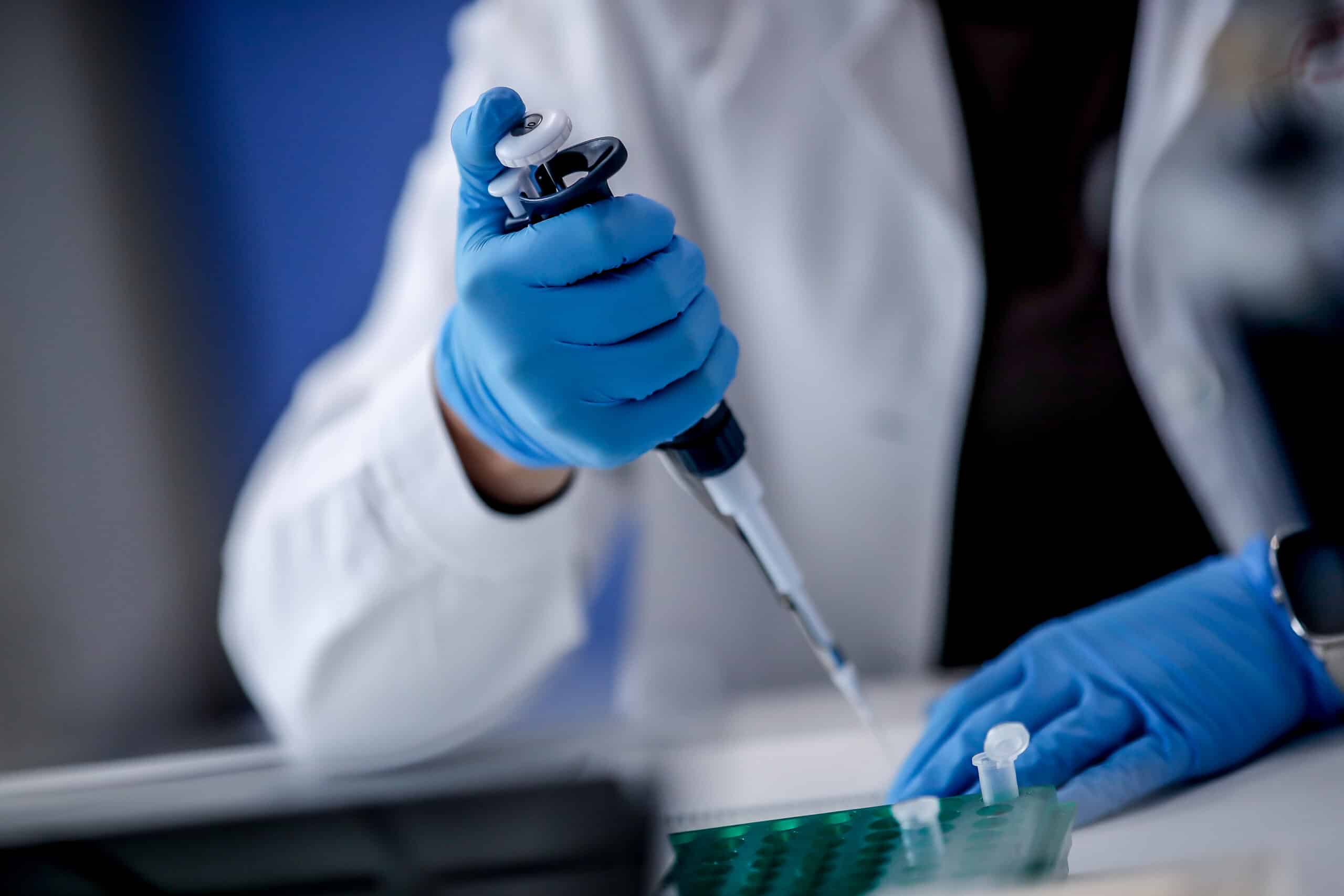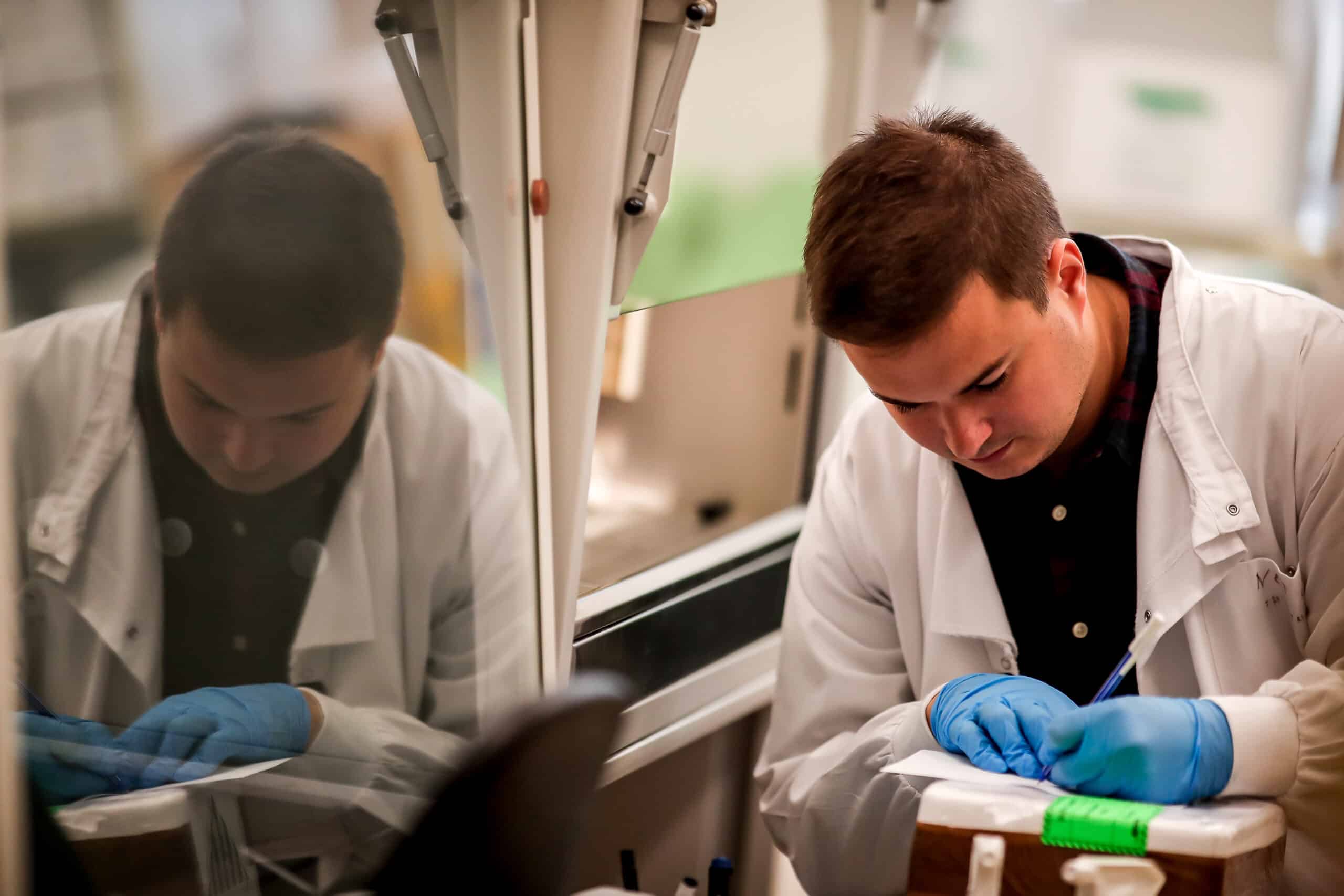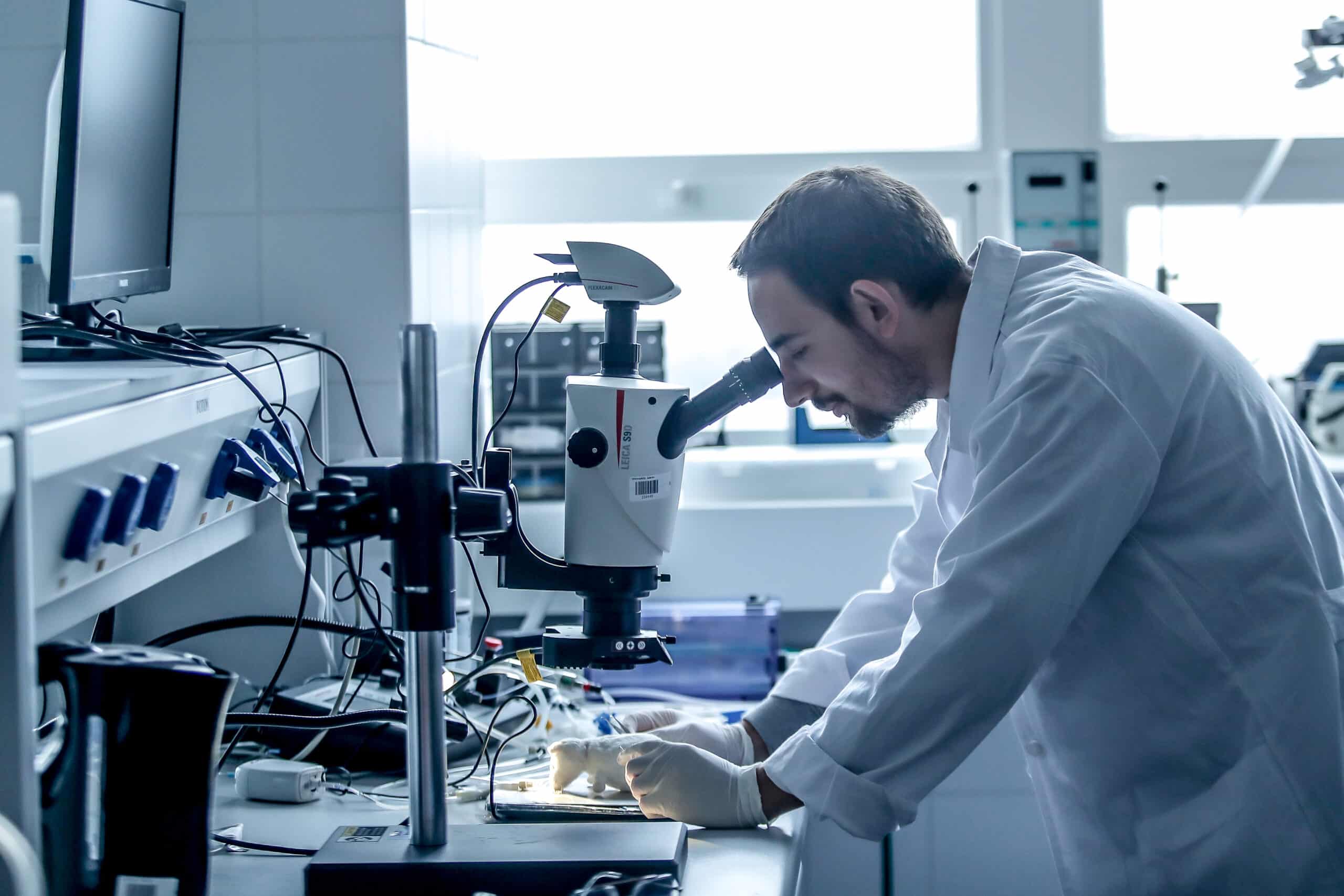| Grant: | 2024-1.2.3-HU-RIZONT |
| Amount of support: | 400.000.000 Ft |
| Duration: | 2025.03.01-2028.02.29 |
| Principal investigator: | Péter Ferdinandy, MD, PhD, DSc, MBA |
Summary
The project aims to develop new, effective treatments for ischemic heart diseases such as myocardial infarction and subsequent heart failure, as well as various cancers. The research will focus on microRNAs (miRNAs), small molecules that can regulate several genes at once, and thus hold promise for treating complex diseases. These molecules are called ProtectomiRs, which may play an important role in protecting the heart in particular. We are also working on the discovery of new anti-cancer miRNAs, AntitumiRs, using artificial intelligence. The project will optimise the chemical structure and targeted delivery of these molecules to cells using extracellular vesicles. We are also developing a specific software to support research on microRNA-based drugs, facilitating the development of novel, effective therapies up to late preclinical phases.
Participating leading researchers, collaboration partners, universities, companies
Dr. Péter Ferdinandy is Vice Rector for Science and Innovation at Semmelweis University, Senior Lecturer at the Institute of Pharmacology and Pharmacotherapy, and Doctor of the Hungarian Academy of Sciences. President of the Hungarian Society of Experimental and Clinical Pharmacology and founder of the Pharmahungary Group. He has been listed several times on the list of the world’s most influential scientists. His research group focuses on the identification of cardioprotective drug targets for ischemic heart disease, led by Dr. Anikó Görbe, and she is also an expert in miRNA-based therapies and precision oncology trials. Prof. Rainer Schulz is a leader in research on myocardial ischemic/reperfusion injury, with a focus on mitochondrial reactive oxygen species and novel treatment strategies. His more than 470 publications and high h-index (98) reflect international recognition. Prof. Manuel Mayr has made significant contributions to cardiovascular microRNA research and proteomic analyses to help identify miRNA targets. He is the author of more than 270 papers, has an h-index of 102, and has received several prestigious awards for his work, including the British Heart Foundation personal chair
Applied methods and tools
We will analyze transcriptomic networks and perform preclinical in silico, in vitro and in vivo studies in small animal models. Targeted delivery of therapeutic miRNAs will be optimized using extracellular vesicles (EVs). We also apply bioinformatics and machine learning algorithms to identify and develop novel cardioprotective ProtectomiRs and anticancer AntitumiRs. The development of miRNA drug discovery software (miRNAI) supports drug discovery using network dynamics and machine learning methods.
Pictures
Mission and benefits
The mission of our research is to develop innovative microRNA-based therapies for the treatment of ischemic heart disease and malignancies that address currently unmet clinical needs. The project will use artificial intelligence and bioinformatics to discover and develop new drug candidates, facilitating personalized and more effective treatments. Our work is closely aligned with the University’s strategic goals, supporting scientific excellence, innovation and translational research, and contributing to the development of healthcare and strengthening international collaborations.


